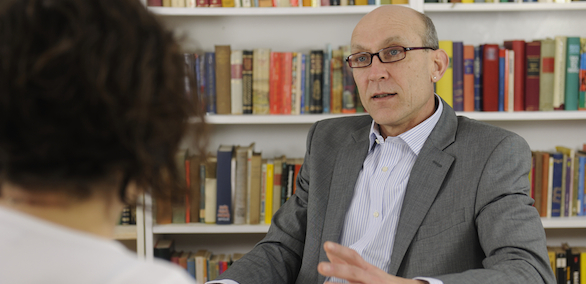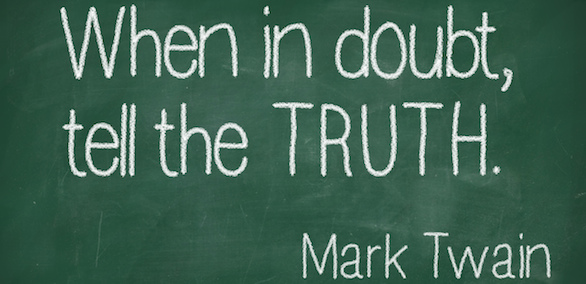Counselor/advisor

Family foundation CEOs must serve as a sounding board for ideas generated by family members and also generate ideas on his or her own. The professional cannot be a “yes” man or woman and still retain board members’ respect.
Visionary

The professional should have the ability to think creatively about the future. Brainstorming, imagining and probing are part of the visionary role.
Mentor/teacher

CEOs must be able to teach philanthropy, including the range of possible funding areas for boards with multiple interests and passions. He or she must be an intergenerational teacher for the family’s children and grandchildren. CEOs also must mentor his or her staff, as well as other professionals in the nonprofit world.
Ambassador

The professional must also be an ambassador/statesman, a representative to the world outside the foundation. This includes relating to the general community, the corporate community, and other foundations when building philanthropic partnerships.
Scanner/filter

CEOs must protect the trustees from unwanted solicitations and dishonest grant requests. Occasionally, CEOs takes this role too seriously, assuming the role of gatekeeper. If access to power goes to the CEO’s head, he or she may believe his or her responsibility is to make decisions, instead of helping to shape the board’s decision-making. Trustees must not become too detached to make sound philanthropic decisions.
Therapist

The professional’s role often is to listen, digest and soothe, sometimes for individual family members or sometimes for the family as a whole.
Advocate

Because the professional has his or her own set of core beliefs and values, it is appropriate at times for her to promote a particular program or initiative. If used judiciously, this role strengthens the counselor/advisor function. If this role is handled unwisely, the professional can appear to have too much of a personal agenda.
Manager/organizer

Sometimes the professional plays the role of chief executive officer, or sometimes that of chief operating officer or program officer. How well the foundation is managed is a key indicator for trustees about how well the foundation is doing overall.
Technical expert

CEOs must be familiar with nonprofit laws, rules and regulations.
Are potential grantee legitimate nonprofits? Is the giving level of the foundation correct? These and other such “nitty-gritty” skills are essential. While CEOs may rely on accountants and lawyers, they must be the interpreter to the family. Moreover, CEOs should be able to screen, present, and adapt best practices from the foundation world.
Scapegoat/lightning rod

This is an appropriate role if it is not used too often. In order to solve a problem, the professional takes the burden of responsibility for it, even when the problem may reside within the family dynamic. This may allow the family to communicate with one another, thereby relieving tension.
Truth teller/conscience

She must bring up unpleasant subjects and hard realities such as declining assets or grants gone wrong. This role is essential, since he or she will need to discuss these things without laying blame or pointing fingers.
Friend/confidante

This role can be difficult to navigate, since being both employee and friend can become very murky. A professional may be privy to information that does not help execute tasks, but is instead a hindrance. Being the repository of inappropriate information can sometimes put the professional in a difficult position, especially when it involves conflict with family members.
Protector

The professional is often called upon to say no gracefully, with enough skill to protect the goodwill and name of the family. This function is more interactive with grantees and the public than the scanner or gatekeeper role.














